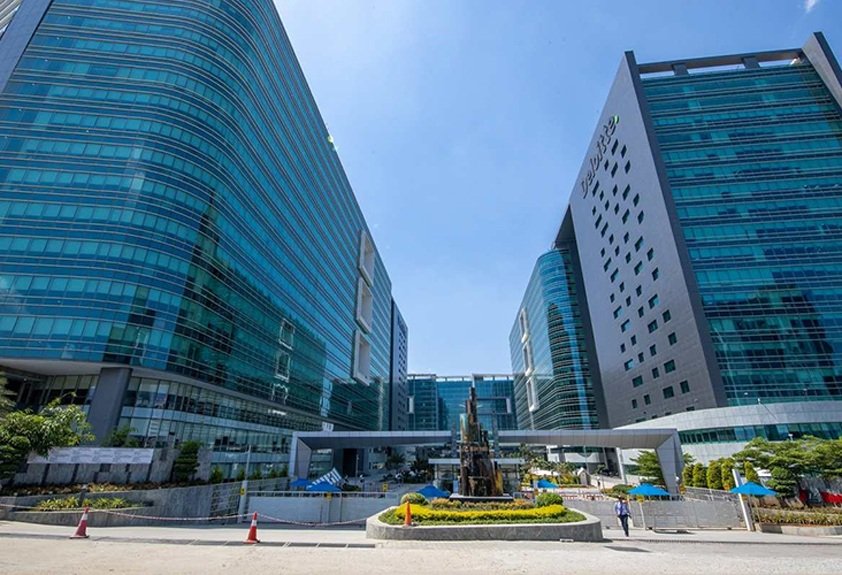Biz Updates: EVs cheaper due to subsidies and falling battery prices; Foreign investment to be closely monitored

New Delhi| Government subsidies and falling battery prices are now making electric vehicles i.e. EVs cheaper. They still cost more than conventional vehicles. According to Axis Securities, the initial cost of EVs may be higher, but their prices are expected to decline further over time. According to the report, EVs are improving with better battery technology. The market for traditional old vehicles is stable.
The government is considering setting up a foreign investment regulatory mechanism to review and monitor investment after it comes from abroad. According to sources, all countries monitor foreign direct investment (FDI) coming into their country. In such a situation, the demand for monitoring system has arisen in India also. Sources said, this is a kind of monitoring of the money coming into the country in the form of FDI. This can help ensure that incoming FDI is profitable for the economy and coming from the right sources. India remains a major country for FDI due to its large population, stable policies, good investment returns and skilled workforce.
GST taxpayers have got a big relief from the Central Government. Now traders and companies will not have to pay interest or penalty on demand of Goods and Services Tax i.e. GST tax. This rule will apply to special non-fraudulent notices associated with FY 2017-18 to 2019-20. The entire tax amount will have to be paid. This rule will come into effect from November 1st.
According to the notification of the Ministry of Finance, the new section 128 a added to the GST Act exempts interest or penalty or both related to demands raised under section 73 for certain tax periods. Section 73 is associated with non-fraudulent GST demand notices. The taxpayer should not be assessed on the basis of fraud, deliberate misrepresentation or concealment of facts.
To attract depositors, State Bank of India i.e. SBI is thinking of bringing combo products of recurring deposits and SIP. The bank’s chairman C S Shetty said customers are becoming more financially aware and demanding. He said, they are looking for new investment instruments.
He said, thinking of a combo product like recurring deposits, fixed deposits and SIP which is digital. For us, collecting deposits is the job of a franchisee. We have the highest number of branches across the country. However, we would not like to fight in the war of interest rates on deposits. Our focus is on improving customer service. SBI is opening around 50,000 to 60,000 savings bank accounts daily.
The capital of the top 8 companies in the stock market rose by 1.21 lakh crore last week. Among these, Reliance Industries stood first. During this period, the Bombay Stock Exchange Sensex gained 1,028 points. The total capital of Reliance Industries increased by Rs 53,653 crore to Rs 20.65 lakh crore. SBI increased by 18,518 crore to 7.16 lakh crore. Airtel gained 13,094 crore. The total capital stood at 9.88 lakh crore. ITC’s capital increased by Rs 9,927 crore, TCS by Rs 8,592 crore and HDFC Bank by Rs 8,582 crore. ICICI Bank lost 23,706 crore.
Global trends, activities of foreign investors and domestic economic data will decide the direction of the market this week. According to analysts, America’s dollar index and economic data will also give direction to the stock market. Stock markets will remain closed on October 2 on the occasion of Gandhi Jayanti.
According to analysts, the monthly vehicle sales figures for September this week and the quarterly results of the companies may see special stock movements in the near future. The positive trend of the market will continue led by major stocks. Later, in the absence of domestic indicators, global factors will play an important role in giving direction to the market. This week, the figures of HSBC India Manufacturing PMI and HSBC India Services PMI will also be important. Besides, everyone will also keep an eye on the fluctuations in crude oil prices. Further, investors will keep an eye on the second quarter results of the companies.
The country’s oil marketing companies i.e. OMCs can increase the refining capacity of crude oil by 35 to 40 million tonnes by the end of FY 2030. This will bring the country’s total installed capacity for crude oil refining capacity to 295 million tonnes during this time, rating agency CRISIL said.
According to the agency, this expansion will be driven by the projected growth in domestic oil consumption, as India’s existing refining capacity is already at the top level. Capital expenditure of around Rs 1.9-2.2 lakh crore will be required. India’s capacity has seen an increase of 42 million tones in a decade.
Direct tax law will be simplified. The Government proposes to invite suggestions from the private sector and tax experts under the Income Tax Act 1961 from October. Such a facility will be created in the Income Tax Portal, in which suggestions can be given about various sections of the Income Tax Act. Its objective is to simplify the language and reduce litigation. Old useless provisions will also be removed.
The Indian Biogas Association has expressed hope that an investment of Rs 1,600 crore could come into the sector in this year. The sector accounts for less than one per cent of the energy mix By 2030, it could play an important role in India’s energy future. India has the capacity to generate 62 million tones of compressed biogas annually.
Axis Bank and Next Bharat Ventures IFSC, a subsidiary of Japan’s Suzuki Motor, have signed the MoU. Under this, working capital will be given to startups and micro and small enterprises. The bank’s executive director Munish Sharda said, focus will be on startups in tier II and III cities. This will make it easier for startups to get loans.
Larsen & Toubro i.e. L&T semiconductor Technologies expects to start manufacturing semiconductor products in the next two years. CEO Sandeep Kumar said, the company will set up the chip manufacturing plant after receiving $50 million to $1 billion in revenue for various semiconductor technologies. The company is creating teams to handle 15 different products in parallel.







